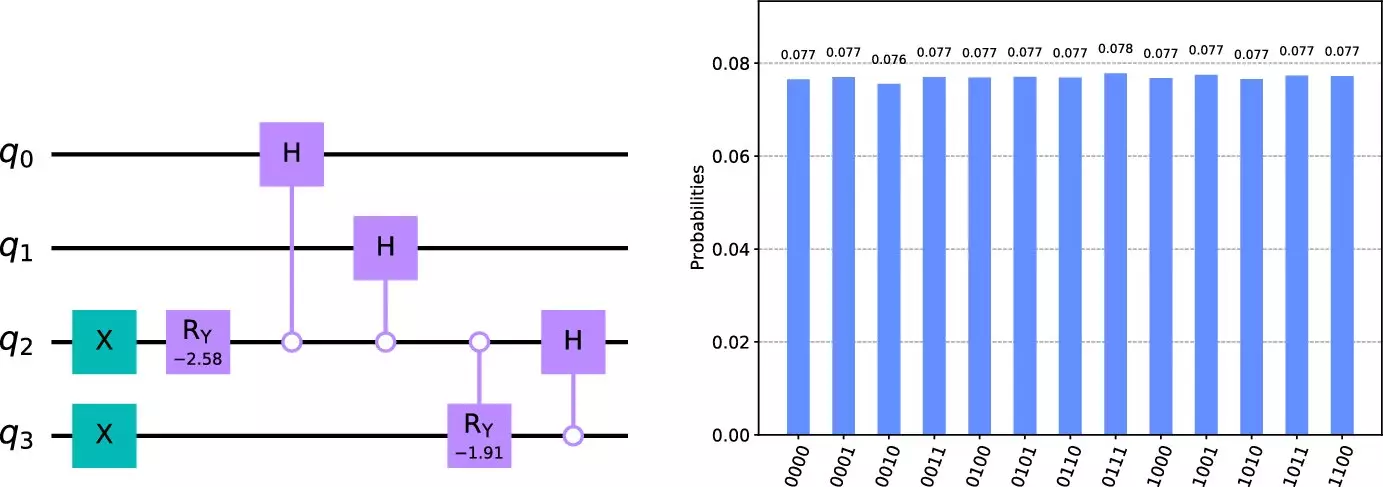The groundbreaking algorithm developed by Prakash Vedula, Ph.D., a distinguished professor at the University of Oklahoma School of Aerospace and Mechanical Engineering, has made waves in the world of quantum computing. This algorithm, featured in Quantum Information Processing, represents a significant leap forward in quantum computing by offering exponential improvements over previous methods.
The Shukla–Vedula algorithm focuses on creating uniform quantum superposition states, a crucial aspect of quantum computing, and streamlines the complexity of this process. The practical implications of this efficiency span a wide range of fields, including quantum search, optimization, solution of differential equations, signal processing, cryptography, finance, and artificial intelligence. Notably, major players in the tech industry, such as Google and IBM, have integrated this algorithm into their advanced computing software, Cirq and Qiskit, respectively.
The adoption of the Shukla–Vedula algorithm by Google, IBM, and even financial institutions like Goldman Sachs underscores its significance in the quantum computing landscape. By reducing the complexity of a fundamental step in many quantum algorithms, this algorithm offers a more efficient approach that maximizes resources without sacrificing performance. The widespread use of platforms like Cirq and Qiskit in both industry and academia further amplifies the impact of this groundbreaking algorithm.
As the Shukla–Vedula algorithm continues to gain momentum, Professor Vedula remains optimistic about its future impact on quantum computing. The exponential improvements showcased by this algorithm pave the way for significant advancements across various applications, marking an exciting chapter in the field of quantum computing. The potential for this innovation to revolutionize quantum computing cannot be overstated, and Professor Vedula anticipates continued growth and development in this dynamic field.
The Shukla–Vedula algorithm represents a quantum leap in quantum computing, promising to drive innovation and efficiency across a myriad of applications. With its integration into top-tier computing software and its endorsement by industry leaders, this algorithm is poised to shape the future of quantum computing.


Leave a Reply